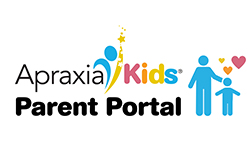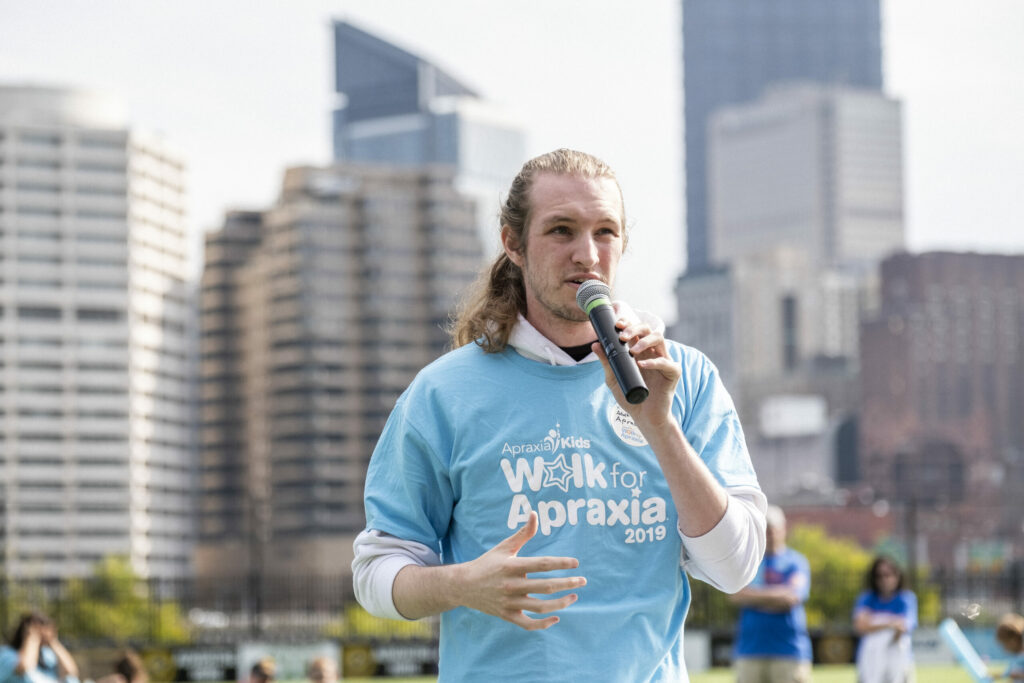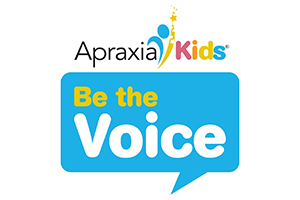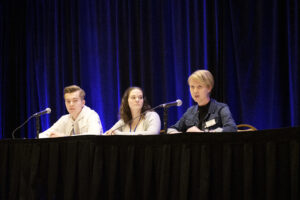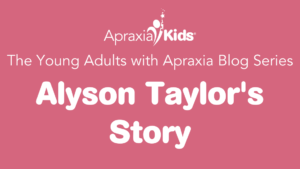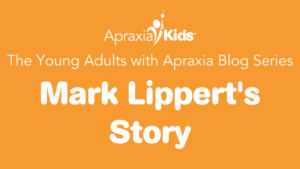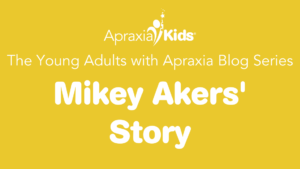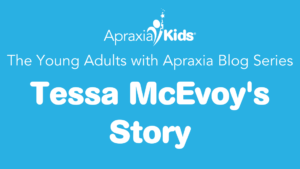Below are websites to help with transitioning from high school into either college, vocational training programs or into a program that provides support to students to be successful at whatever level of education they pursue. Many of the programs are specific to a state or area, but we encourage searching for these kind of programs within a specific area.
Some key search terms in google include: aspire, rehabilitative support, vocational training support, excellence in disabilities, special colleges for students with disabilities, colleges with learning support programs, college experience program for disabilities, comprehensive transition program track, and post secondary program for individuals with disabilities.
Key search terms on a college or university website include: student support services or program, assist, disability support, disability, support, transition, accommodations, accessibility, resource, supplemental instruction and learning center.
Key search terms on a vocational school website include: supported employment, vocational rehabilitation services, and ability employment
Links to help with transition from high school to postsecondary education
A Transition Guide to Postsecondary Education and Employment for Students and Youth with Disabilities
This link is from the Department of Education, Individuals with Disabilities Education Act and has a guide to help transitions from high school to the next step and a letter on the importance of collaboration with vocational rehabilitation services to share with your child’s school. The guide is applicable across the US.
Think College Institute for Community Inclusion
This extensive website has articles and resources around transition programs and post-secondary experiences for students with disabilities, as well as a state guide highlighting secondary colleges.
Colleges with Robust Student Support Services
Apraxia Kids, with the help of volunteers, has compiled a list of colleges across the US that have robust student support services to help students with any type of disability succeed.
The article below has resources at a few different colleges that help with transitioning from high school to different types of programs. Many of the programs are specific to a state or area, but provide an example of what types of programs/resources are available and we encourage searching for these kind of programs within your area using the search terms above.
